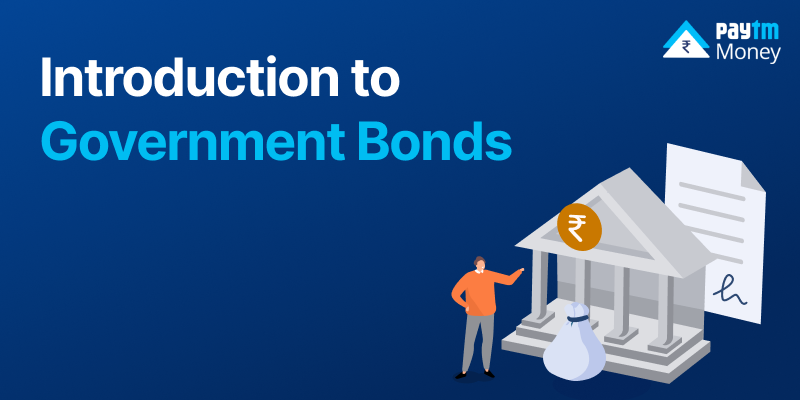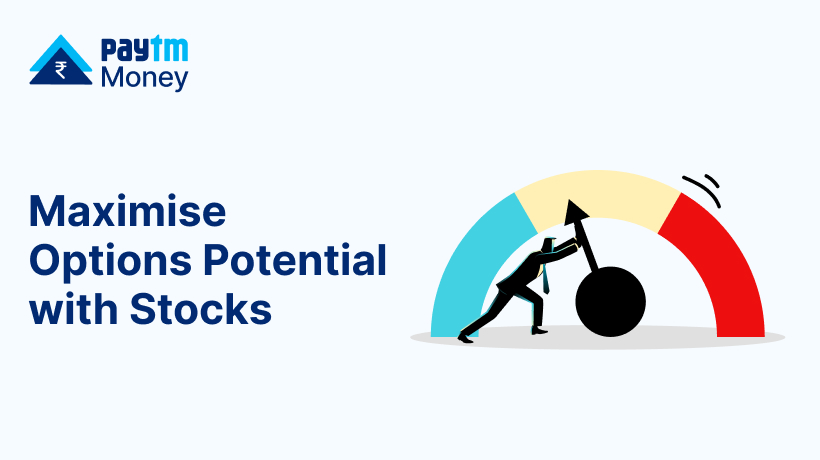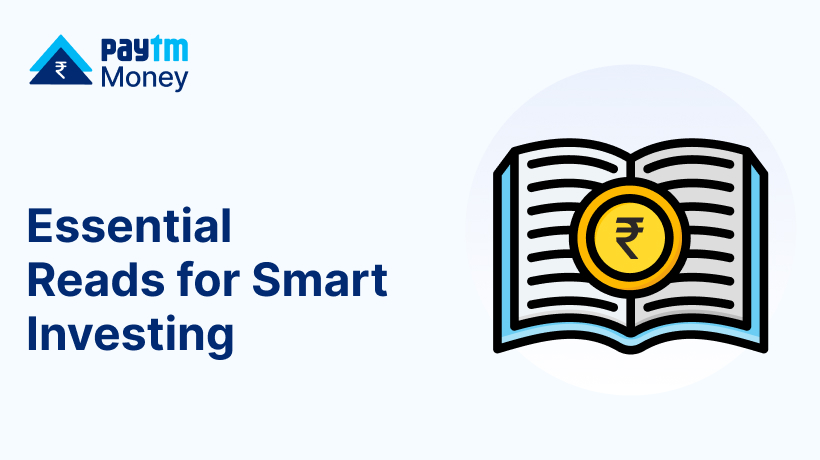Intro to Government Bonds!4 min read
In the next 5 minutes and 3 seconds, you will know what government bonds are and what they are not and why they are important in today’s times. We promise!
Back in November 2021, Prime Minister Shri Narendra Modi along with the RBI Governor Shaktikanta Das announced a new retail scheme called the ‘ RBI Direct Retail Scheme’ which aimed to provide a platform for the general public to get access to the vast universe of government bonds.
Although the response has been tepid, it’s a start . RBI needs to widen market access and improve liquidity. So what are government bonds and why should you care?
Let’s start with the basics
What are Government Bonds?
Any Government needs money. They need it to run the government’s daily operations, to finance all sorts of projects for the development of the nation , to repay the money borrowed from various countries and investors in the past and much more. Why don’t they keep printing new money, you ask? It would disrupt the economy and have bigger consequences! So, what do they do??
That’s where bonds come in. Through bonds, the government borrows money from investors. A government bond is typically a form of security which is sold by the government . Investors are extremely happy because it becomes one of their safest investments. They provide an interest rate in return which is derived from various economic factors such as growth, inflation and if the investors like it they invest, and earn interest income for the time they stay invested.
There is also an end date to the bond which is called the maturity date. On that date the government will pay back the investor the original amount it took from you along with the interest rate payments. So, it’s sort of like an FD but a lot safer…. Because it’s the government!
But unlike an FD , Government Bonds come in various shapes and forms..
Central Government Bonds – Bonds issued by the Government Of India
State Development Loans/ State Government Bonds – Bonds issued by the respective State Governments
T- Bills – Bonds which at the time of issue will get repaid within a year. Short term bonds.
Cash Management Bills – Bonds shorter than T-Bills also. Generally less than 91 days. Ultra Short term Bonds.
Zero Coupon Bonds – Bonds that don’t pay interest along the way. The investor receives a lump sum interest along with the original amount at the end date of the bond i.e. maturity date.
Fixed Rate bonds – Bonds that do pay interest along the way 🙂 and the original amount at the end. The bond gets issued for anywhere between 1 to 40 years. The interest payment can be once in a year , twice a year depending on the details mentioned by the government for that specific bond.
Floating Rate Bonds – Bonds which give a different interest rate every year depending on changes in the economy and inflation
There are more types of government bonds out there. But most of them are covered in one or more of the above types!
The main advantage of investing in Government Bonds is the negligible risk that’s involved. The chance of a government not paying the investor back is lesser than any other institution/bank . The share market is uncertain and its fluctuations can be too much for some investors. Bonds help in providing stability to an investor’s portfolio.
A quick comparison ,
As of June 2022,
3 Year FD’s ( SBI , HDFC Bank , ICICI Bank ) – Between 5.2% – 5.9%
3 Year Government Bond Rate – Around 7%
5 Year FD’s ( SBI , HDFC Bank , ICICI Bank ) – Between 5.4% – 6%
5 Year Government Bond Rate – Around 7.3%
10 Year FD’s ( SBI , HDFC Bank , ICICI Bank ) – Between 5.5% – 6.5%
10 Year Government Bond Rate – Around 7.5%
One more key difference between Bonds and FD’s is that the government bond can be sold and resold and bought and sold again an unlimited number of times in the market which is exactly the same way a share market investor trades. So, if an investor for example chooses to buy a 10 Year Bond and plans to sell it 5 days later , the investor can absolutely do so.
Hooked? We’ll be back with more!
****************
Disclaimer: This content is purely for educational, information and investor awareness purposes only and in no way to be considered as advice or recommendation. Paytm Money Ltd SEBI Reg No. Broking – INZ000240532. NSE (90165), BSE(6707) Regd. Office: 136, 1st Floor, Devika Tower, Nehru Place, Delhi – 110019. Please refer www.paytmmoney.com for further information.




